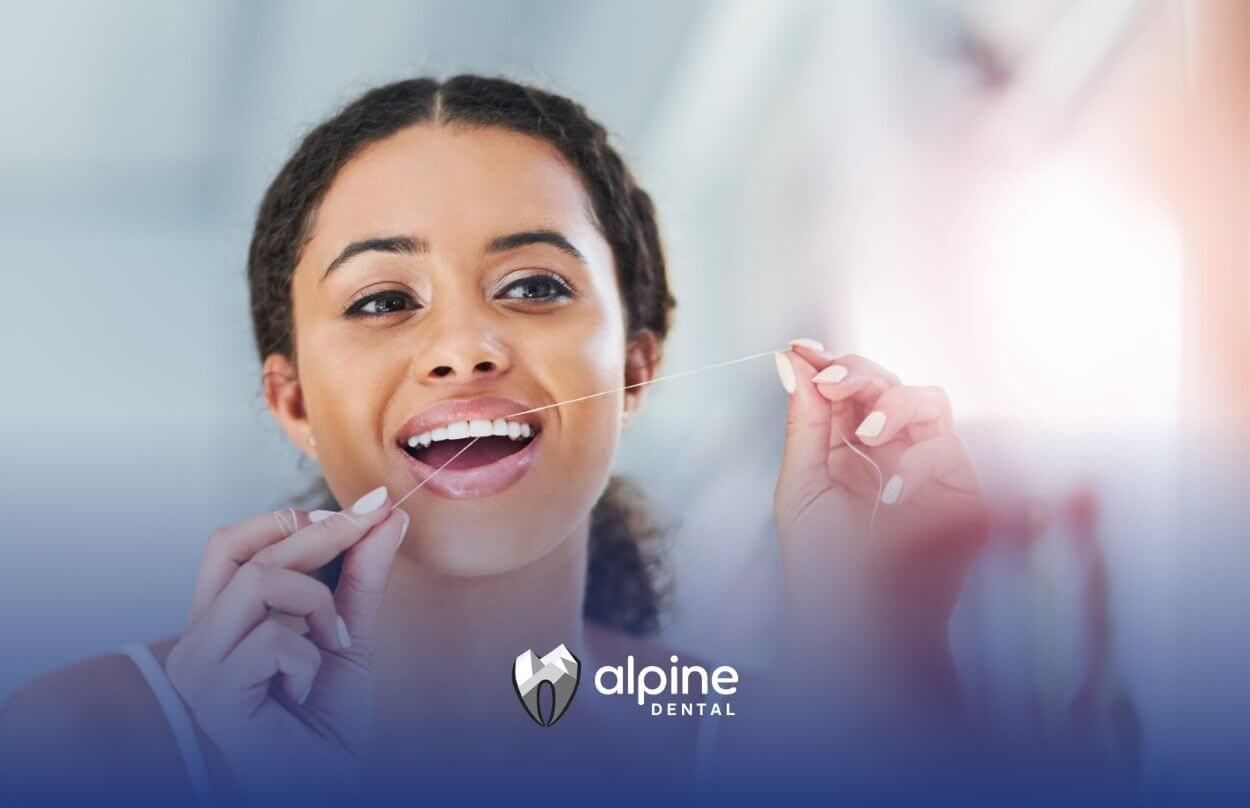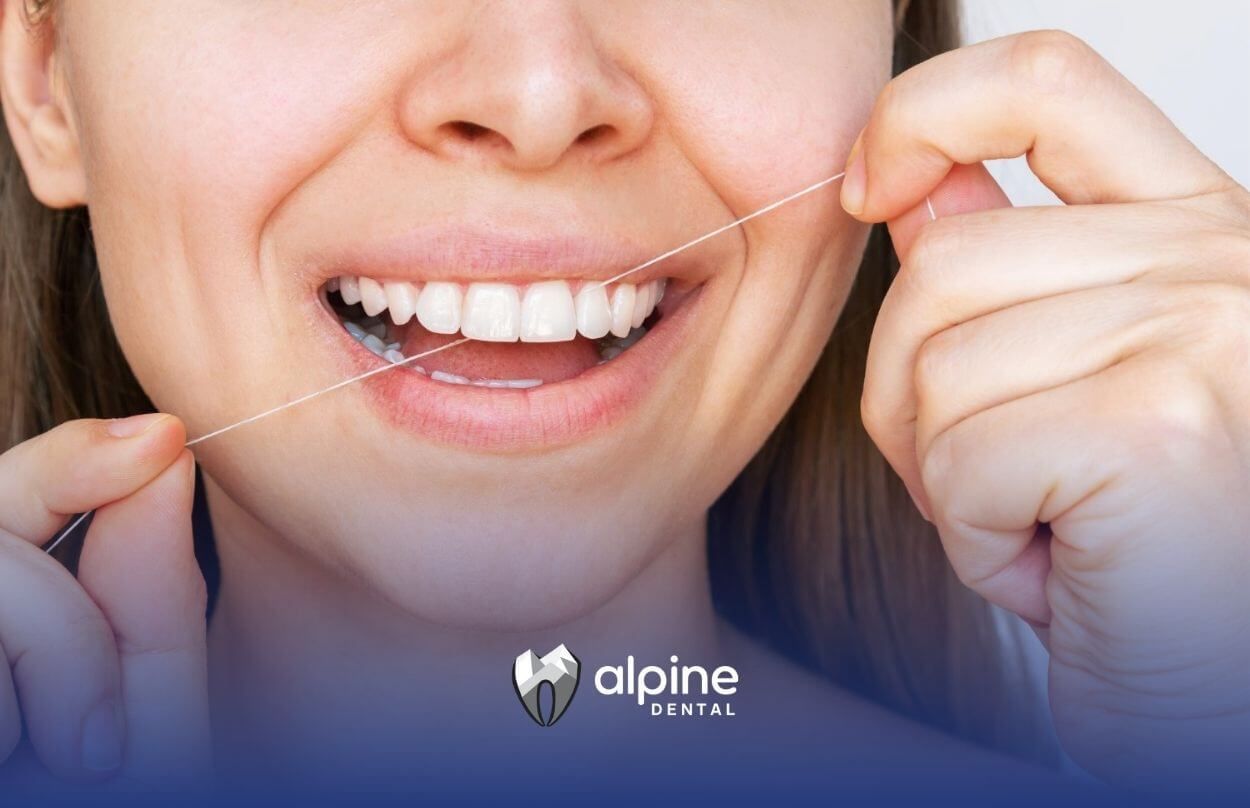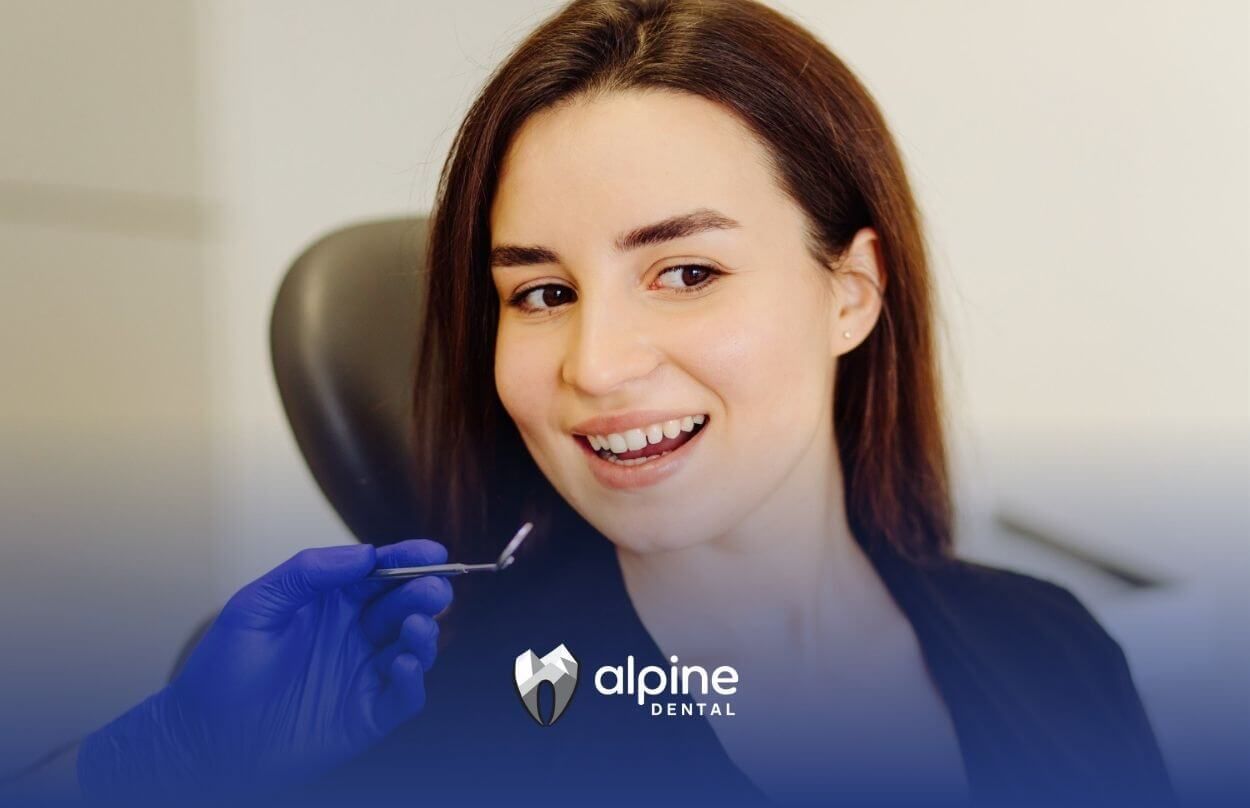How to Remove Black Stains from Teeth: Causes, Treatments, and Prevention
Black stains on teeth can be a source of concern, affecting both your smile's appearance and your confidence. While often alarming, these dark discolorations aren't always a sign of serious decay. Understanding the common causes behind black stains, from dietary habits to specific bacteria, is the first step toward effective treatment and prevention. This article will guide you through various methods to safely remove these stubborn marks and offer practical tips to keep your teeth sparkling clean.
What Are Black Stains on Teeth?
Black stains are dark discolorations that may appear as spots, streaks, or widespread patches on your teeth. They can range from light gray to deep brown or black and may be located along the gumline, in the crevices of molars, or on the surfaces of teeth.
Two Main Types of Stains:
- Extrinsic stains: Found on the outer layer of the tooth (enamel). Caused by external factors like food, drink, or smoking.
- Intrinsic stains: Located within the tooth, often due to internal factors like trauma, medication, or decay.
Understanding whether your stains are extrinsic or intrinsic is key to choosing the right treatment approach.
Common Causes of Black Stains on Teeth
1. Chromogenic Bacteria
This is one of the most common causes of black line stains, especially in children. Chromogenicbacteria produce pigmented byproducts that accumulate along the gumline.
2. Tobacco Use
Both smoking and chewing tobacco can cause stubborn black or dark brown stains due to the tar and nicotine content.
3. Dental Decay
Cavities, especially those left untreated, can turn black as decay progresses deeper into the tooth. This requires professional dental treatment.
4. Medications and Supplements
Some medications like liquid iron supplements or certain antibiotics can cause dark stains when they come into frequent contact with teeth.
5. Food and Beverages
Dark-colored substances like coffee, tea, red wine, and cola can stain teeth over time, especially if oral hygiene is lacking.
6. Metal Fillings (Amalgam)
Older silver amalgam fillings can sometimes cause surrounding teeth to appear grayish-black due to metal corrosion.
How to Remove Black Stains from Teeth: Treatment Options
1. Professional Dental Cleaning
This is often the first and most effective step in removing black stains caused by bacteria, plaque, or surface-level discoloration.
What to Expect:
- Scaling to remove plaque and tartar buildup
- Polishing to smooth the tooth surface and remove stains
- Fluoride treatment to strengthen enamel
Professional cleaning is safe, quick, and can significantly improve the appearance of your teeth in just one visit.
2. Teeth Whitening Treatments
If the stains are widespread or resistant to cleaning, professional whitening treatments may be recommended. These treatments can lighten both intrinsic and extrinsic stains.
Types of Whitening:
- In-office whitening: Immediate results in about an hour
- Take-home whitening kits: Gradual improvement over 1–2 weeks
- Whitening strips or trays (dentist-approved): For mild to moderate stains
Note: Whitening treatments do not work on decay or fillings, so it’s important to address underlying dental issues first.
3. Dental Restoration for Intrinsic Stains
If black stains are due to tooth decay or old fillings, your dentist may suggest restorative options.
Common Procedures Include:
- Fillings: Replacing decayed material with a tooth-colored composite
- Crowns: Covering a severely damaged tooth
- Veneers: Porcelain covers for the front of stained teeth
These solutions not only remove discoloration but also restore tooth structure and function.
4. Scaling and Root Planing for Gumline Stains
For stains located along or below the gumline, deep cleaning (scaling and root planing) may be necessary. This procedure cleans the root surfaces and removes bacterial buildup, reducing the risk of periodontal disease.
5. Microabrasion
Microabrasion uses a combination of mild acid and abrasive agents to buff away surface enamel stains. It’s a conservative option for treating superficial discoloration without affecting tooth structure.
At-Home Remedies for Black Stains on Teeth
While professional treatments are the most effective, certain at-home care practices can help lighten stains and prevent them from worsening.
1. Baking Soda and Hydrogen Peroxide
Mix a small amount of baking soda with hydrogen peroxide to form a paste. Brush gently once a week. This can help reduce surface stains but should be used cautiously to avoid enamel erosion.
2. Whitening Toothpaste
Use a fluoride-based whitening toothpaste with gentle abrasives and stain-removing agents. Avoid highly abrasive brands that can damage enamel over time.
3. Oil Pulling
Swishing coconut or sesame oil for 10–15 minutes may help reduce plaque and bacteria that contribute to staining. While not a substitute for brushing, it can be a beneficial supplemental practice.
4. Activated Charcoal Toothpaste
Charcoal products can help absorb surface stains, but they should be used with caution. Overuse can be abrasive and may harm enamel.
Important: Always consult your dentist before trying at-home remedies, especially if you have sensitive teeth or gum issues.
Prevention Tips: How to Keep Black Stains Away
Preventing black stains is easier than treating them. Here are habits that can help maintain a healthy, stain-free smile:
1. Brush and Floss Daily
Use a soft-bristled toothbrush and fluoride toothpaste twice a day. Floss at least once daily to remove plaque between teeth.
2. Limit Staining Foods and Drinks
Cut back on coffee, tea, red wine, and sugary sodas. When you do indulge, rinse with water afterward or use a straw to minimize contact.
3. Avoid Tobacco
Quitting smoking or chewing tobacco significantly reduces the risk of dark stains and improves overall oral and general health.
4. Regular Dental Checkups
Visit your dentist every 6 months for a cleaning and exam. Regular visits help catch stains early and keep your mouth healthy.
5. Use a Mouthwash
Choose an antibacterial or fluoride mouthwash to reduce bacteria that may lead to staining and decay.
When to See a Dentist About Black Stains
If stains:
- Appear suddenly or worsen quickly
- Are accompanied by pain, sensitivity, or bad breath
- Don’t improve with brushing and flossing
...then it’s time to schedule a dental visit. These could be signs of decay, infection, or other serious oral health concerns.
Even if the stains are purely cosmetic, professional treatment can restore the appearance of your smile far more effectively than home methods.
Children and Black Stains: What Parents Should Know
Black line stains in children are commonly caused by chromogenic bacteria and are usually harmless. However, they can reoccur and may affect a child’s confidence.
Best Approach for Kids:
- Regular dental cleanings
- Fluoride treatments to protect enamel
- Encouraging good brushing habits early on
Speak to your pediatric dentist about safe whitening options suitable for your child’s age and dental condition.
Final Thoughts
Black stains on teeth can be frustrating and sometimes alarming, but they are not permanent. With the right combination of professional care, at-home practices, and preventative habits, you can enjoy a brighter, healthier smile.
If you're struggling with stubborn stains or unsure of the cause, it’s always best to consult with a dental professional. At Alpine Dental, our team is experienced in identifying the root cause of tooth discoloration and offering customized treatment plans to restore your smile safely and effectively. Book a consultation today to get started on your journey to stain-free teeth.
Frequently Asked Questions
Are black stains on teeth always a sign of decay?
No, not always. While black stains can indicate decay, they are often caused by surface-level factors like chromogenic bacteria, tobacco use, or certain foods and drinks. A dental exam is necessary to determine the exact cause.
Can black stains be removed permanently?
Yes, in many cases black stains can be removed or significantly reduced through professional cleaning, whitening treatments, or restorative procedures. However, maintaining good oral hygiene is essential to prevent recurrence.
Are black stains harmful to my health?
Describe the item or answer the question so that site visitors who are interested get more information. You can emphasize this text with bullets, italics or bold, and add links.
Sources:
- https://pubmed.ncbi.nlm.nih.gov/363748/
- https://bmcoralhealth.biomedcentral.com/articles/10.1186/s12903-025-05441-4
- https://www.healthline.com/health/hydrogen-peroxide-teeth-whitening
- https://pmc.ncbi.nlm.nih.gov/articles/PMC10853677/
- https://www.healthline.com/health/cavity-vs-stain
- https://www.medicalnewstoday.com/articles/321777




